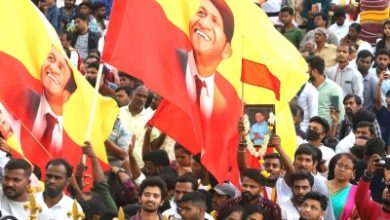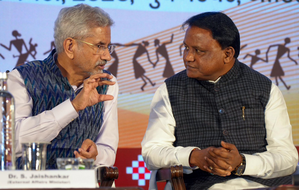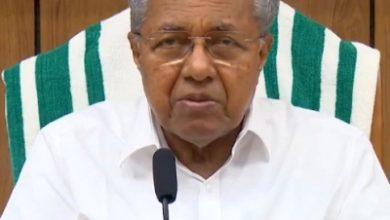
Mobilenews24x7 Bureau
The fluctuating stance of the judiciary over the extension of the term of the ED director has raised a few questions as whether it is a national interest or the judicial prerogative.
A host of lawyers and legal luminaries hold the view that the apex court has accepted the Centre’s submission in favour of the ED director speak of a reasoning which stems from an unclear and ‘unsubstantiated’ notion of ‘larger national’interest.
Last week, the Supreme Court accepted the Central Government’s submission in favour of a further extension to the current Director of the Enforcement Directorate (ED). While the order of the Court records the submissions advanced by both sides, ultimately the Court’s reasoning hinges on an unclear and unsubstantiated notion of “the larger national interest”.
Which contradicts the court’s own stance during the second extension of the Director despite finding the extension of his term as illegal in an earlier judgement in July last.
Loosening judicial reasoning
So, the article by the lawyers say that acceding to the Government’s request for another extension, the Court has both undermined its own authority and exemplified the problems with the loosening of the form and structure of judicial reasoning.
“Many accounts of the Supreme Court’s public interest litigation jurisprudence often refer to the Court’s widespread reach in matters of transparency and anti-corruption. For instance, in Vineet Narain v Union of India, the Court overhauled the functioning of the CBI in an attempt to insulate it from political pressure by issuing guidelines akin to legislation using its “power to do complete justice” under Article 142 of the Constitution
Fairly recently, in Anoop Baranwal v. Union of India, the Court once again relied on Article 142 and created a Committee consisting of the Prime Minister, Chief Justice, and Leader of Opposition to advise the President on the appointment of election commissioners till Parliament enacts a law on the subject.
Surprisingly, in the recent proceedings concerning the legality of the repeated extensions granted to the Director of the ED, the Court appears to have substituted its active approach with a passive one, said in the article..
Why is the Director so indispensable?
“In an ironic twist, the order from last week uses the Court’s discretionary power to undermine its findings on specific questions of law, thus diluting rather than enhancing its ability to do justice”.
As Gautam Bhatia has noted, “against this backdrop of judicial deference, the 11th July judgment failed to meaningfully engage with the specific argument of the Petitioner – that the amendment, enabling a piece-meal extension every year can serve as a carrot or stick in the hands of the government, causing the Director to act in a manner favourable to the government in the hope of securing extensions”.
While the Court upheld the amendments, it found the recent extension of the term of the Director of the ED to be illegal.
Sourced by articles by Delhi Based advocates






